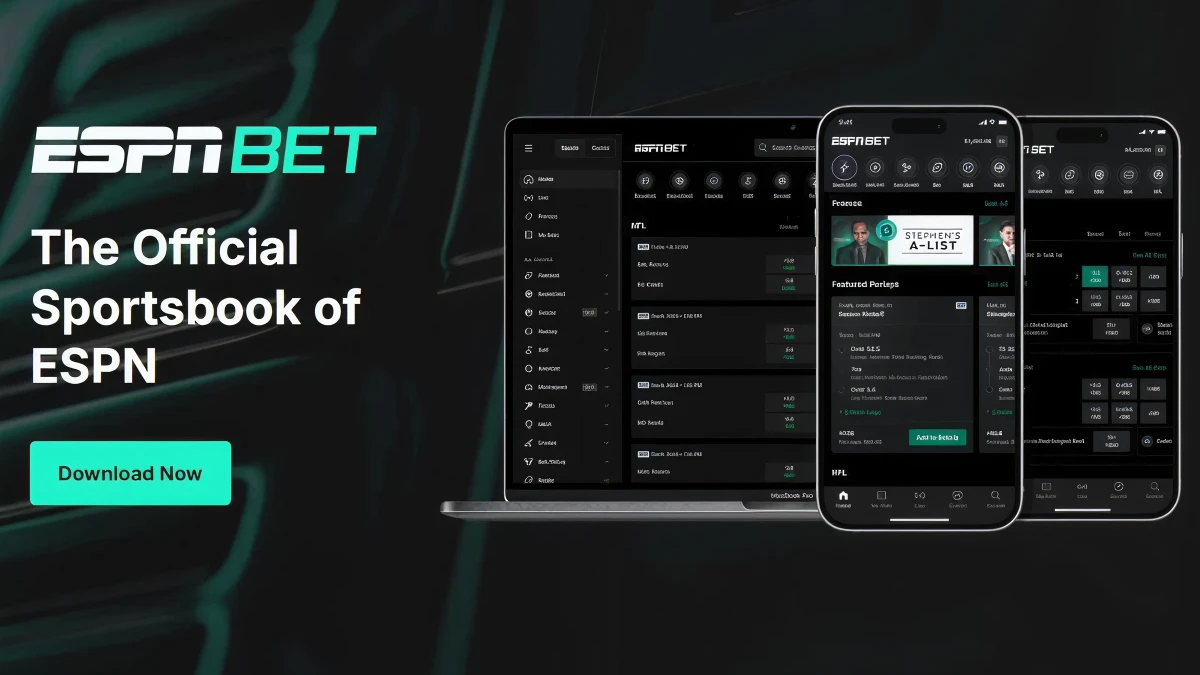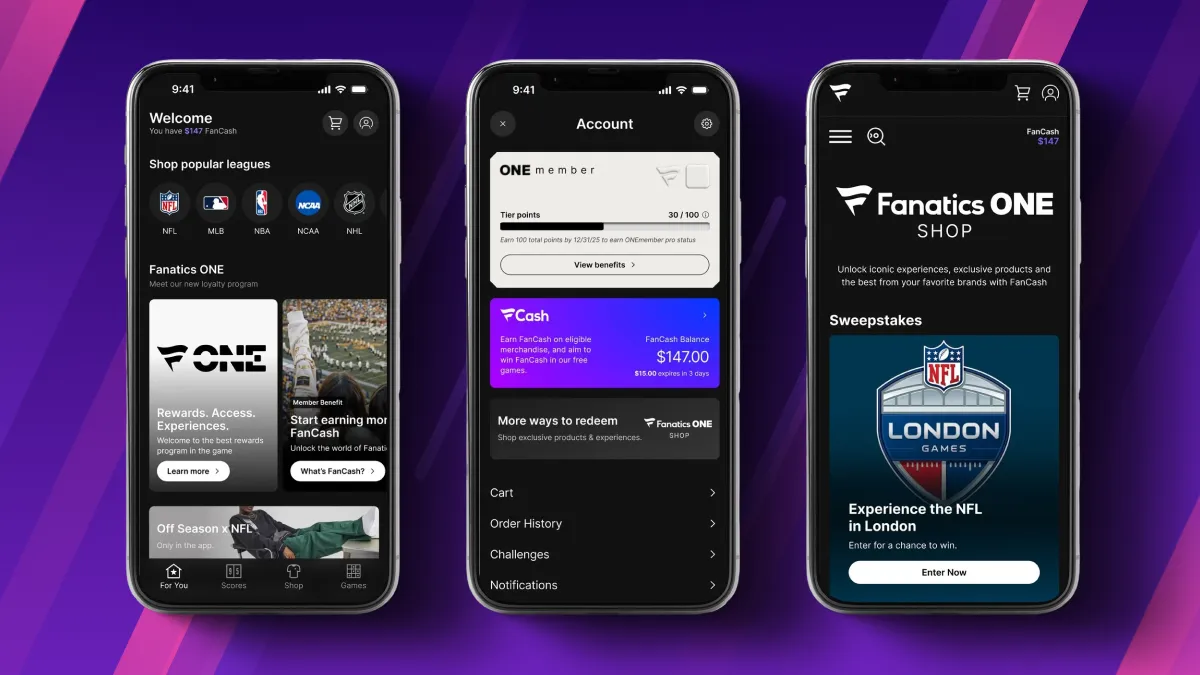Rhode Island Fails to Advance Sports Betting Expansion

1.0
Default
The Rhode Island legislature has failed to approve a proposed bill that expands its iGaming and sports wagering market from one platform to five, despite the amended bill gaining traction and getting approval in the Senate early this June.
A bill that would have ended Rhode Island's digital sports betting monopoly failed to advance in the final hours of the 2025 legislative session, leaving the state among just five in the US with a single-operator model. The General Assembly adjourned early Saturday morning, with the House declining to take up Senate Bill 748, despite its wide margin of approval in the Senate.
The amended bill, which passed by a 30 - 2 vote in the Senate on June 4, would have allowed up to five operators in the state's digital sports wagering and iGaming market. However, the legislation never received a committee hearing in the House, effectively stalling its progress.
A legacy bill left in limbo
The bill held symbolic and political importance, especially for the late Senate President Dominick Ruggerio, who championed Rhode Island's gambling expansion in recent years. Ruggerio authored the state's 2018 as well as 2019 sports betting legislation and pushed through the iCasino bill in 2023. He passed away in April at the age of 76 after a battle with cancer. Senate Majority Leader Frank Ciccone acknowledged the bill's connection to Ruggerio during its Senate journey, noting its significance as part of the late leader's legacy.
Despite this, House leadership remained unmotivated to act. With the bill's provisions set to take effect in 2026, including a requirement for a competitive bidding process to replace International Gaming Technology (IGT) as the state's sports betting operator, legislators saw no urgency.
Rhode Island's monopoly model remains
Rhode Island is one of five states - along with Florida, Delaware, Oregon, and New Hampshire - that continue to offer digital sports betting through a single operator. In Rhode Island's case, IGT handles the backend operations for Sportsbook RI. The monopoly is enforced through the state lottery, a model shared by several of the other single-operator states. Florida's monopoly is unique, with the Seminole Tribe securing exclusive rights through its compact with the state. In the remaining states, the monopoly typically exists through lottery partnerships.
Critics argue that single-operator models limit consumer choice and dampen revenue potential. Supporters of SB 748 hoped the proposed changes would introduce competition, boost innovation, and ultimately increase state tax revenues from sports betting.
DC shows substantial market gains
Rhode Island's legislative inaction comes in contrast to recent developments in the District of Columbia. DC had operated under a single-operator system since legalizing sports betting, initially using the widely criticized GambetDC platform. After nearly four years of underperformance, the city replaced GambetDC with FanDuel in 2024. Just three months later, the DC Council opened the market to additional operators.
Now, five sportsbooks are live in the nation's capital. The results have been swift and significant. DC's annual handle never exceeded $216 million between 2020 and 2023. In 2024, with just under half the year featuring a competitive market, the handle reached $460.9 million. By April 2025, the city had already processed $290.2 million in wagers.
Tax revenue has also surged. DC's best year under a single-operator model yielded $9.7 million in tax revenue in 2022. With an open market for only 5 1/2 months in 2024, that figure rose to $11.7 million. Through the first four months of 2025, the city had already collected $9 million in taxes, with rates ranging from 10% to 30% depending on the operator's license class.
With the bill now shelved and no immediate plans for reconsideration, the path to a competitive market in Rhode Island remains unclear. Advocates may push for renewed discussion in 2026 when IGT's contract is up for review, but for now, Rhode Island sports bettors will continue to have only one legal online option. The state's decision stands in stark contrast to DC's data-driven pivot, raising questions about whether Rhode Island will eventually follow the trend - or continue to buck it.








_800x800.webp)











